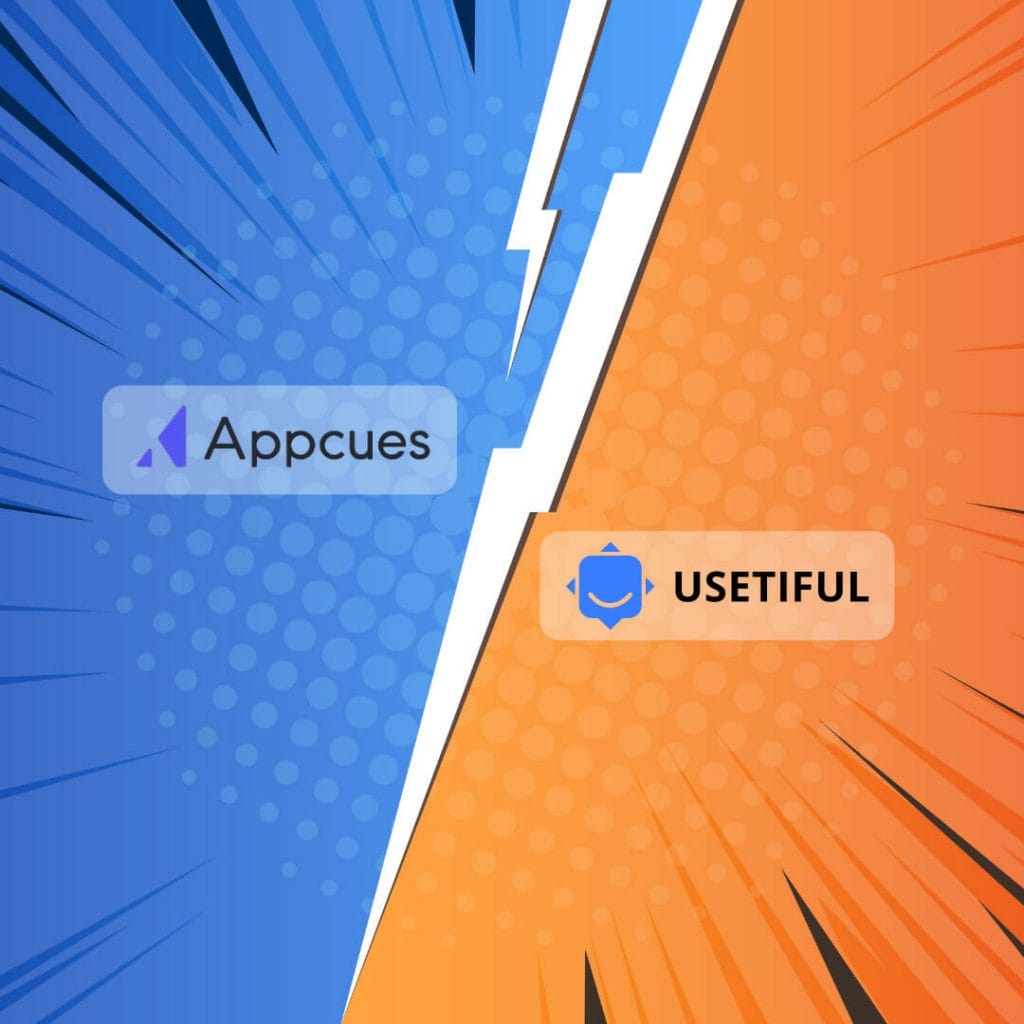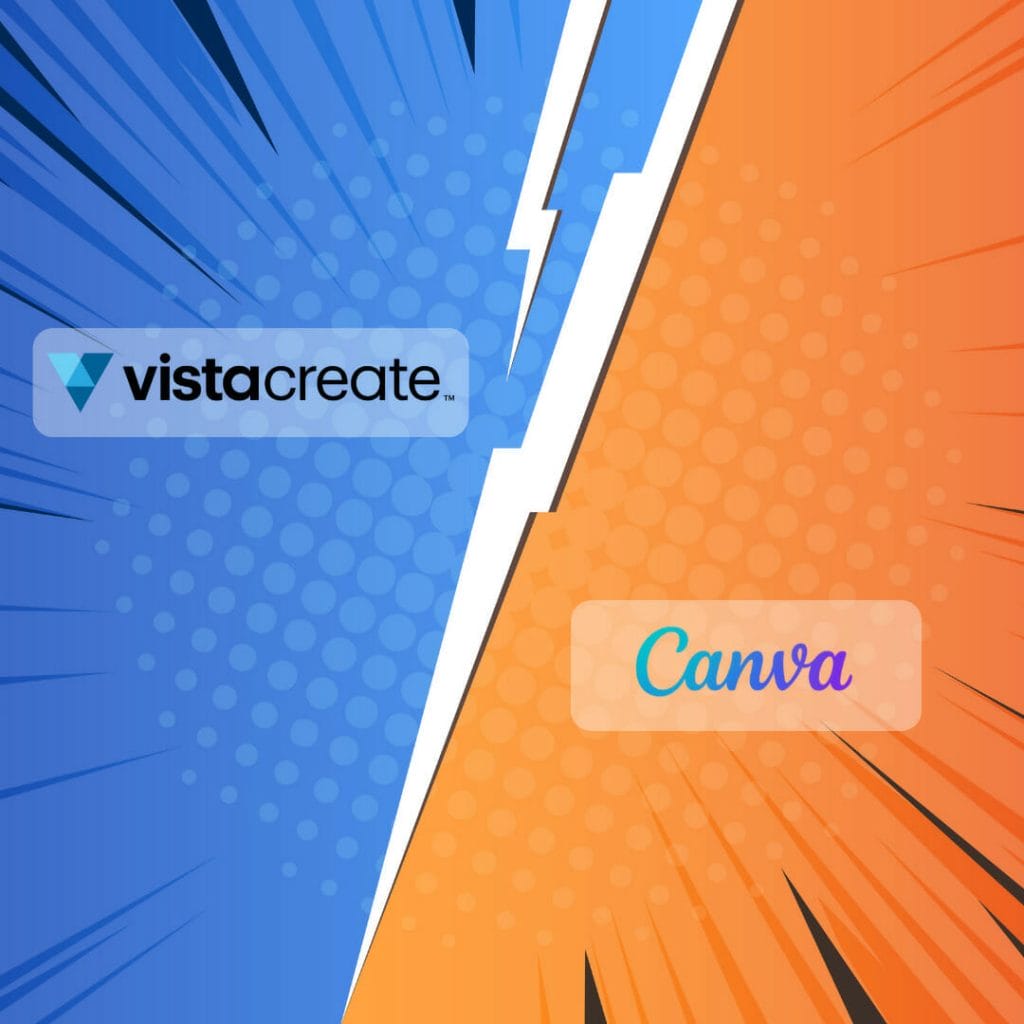The world of online courses has expanded rapidly in recent years, with numerous platforms emerging to cater to the ever-growing demand for digital learning. Two of the leading giants in this field are Teachable and Kajabi. Both platforms offer tools for course creators to develop, market, and sell their online courses but differ in their features, pricing, and target audience.
Teachable focuses more on learning management system (LMS) needs, providing flexibility in lecture formats and student engagement features. They concentrate on offering tutors a platform for selling their courses and one-on-one coaching sessions. On the other hand, Kajabi markets itself as an all-in-one digital platform for not only courses and coaching but also communities, memberships, and podcasts, prioritizing marketing features in their platform.
As there’s a plethora of factors to consider when choosing between Teachable and Kajabi, this comparison review will dive deeper into each platform’s offerings. We will explore the advantages and disadvantages of both Teachable and Kajabi to provide a comprehensive outlook, ultimately helping course creators make an informed decision that best aligns with their goals.
About Teachable

Features
Teachable is an online course platform that allows course creators to build, publish, and sell their own courses. It offers a wide range of features, including course creation, customization, marketing tools, email marketing, and sales. Users can easily create lessons using various formats such as audio, video, images, and text. The platform also supports integrations with marketing tools like Stripe and PayPal for seamless payment processing and transactions1.
Teachable also provides assessment features, like graded quizzes, to help course creators evaluate their students’ progress. This aids in creating an engaging learning environment for the students. Additionally, course creators have the option to build communities and memberships for their learners, fostering a sense of belonging and engagement2.
Price
Teachable offers multiple pricing plans to cater to different needs and budgets. There is a free plan available for new course creators, which allows for unlimited courses and students. However, this plan comes with a transaction fee on each sale. Paid plans, on the other hand, offer more advanced features and lower transaction fees3. The paid plans include Basic, Pro, and Business, each offering different levels of customization and marketing tools. The platform also offers a free trial to test out its features before committing to a paid plan4.
Support
Teachable’s support system is quite responsive and helpful. They offer multiple support channels, including email, live chat, and a knowledge base with articles and tutorials to guide users through the platform’s features. Teachable also provides resources like webinars, blog posts, and an active community of course creators to help users make the most of the platform5.
Course Creation
The course creation process on Teachable is intuitive and user-friendly. Users can easily structure their courses into sections, add lessons, and customize the content with various formats like audio, video, images, and text1. The platform provides templates and customization options, including font selection, colors, logo, and more to make each course unique and reflective of the creator’s brand. Once the course is ready, course creators have complete control over their pricing, sales funnels, and marketing strategies, allowing them to grow their online course businesses6.
About Kajabi

Features
Kajabi is an all-in-one platform that offers a wide range of features, making it suitable for creating, marketing, and selling online courses. It includes course creation tools, community building, memberships, and a wide array of marketing tools, including email marketing and sales funnels. In addition, Kajabi has powerful automation and analytics capabilities that help you monitor user engagement and progress throughout a course.
Price
Kajabi offers a variety of pricing plans to suit different needs. These plans include different transaction fees, the number of courses and students allowed, and access to advanced features such as webinars, automation, and more. Kajabi also offers a free trial to help you test its features before committing to a plan. The platform supports integration with popular payment gateways such as Stripe and PayPal for smooth payment processing.
Support
The Kajabi platform provides comprehensive customer support, including a knowledge base, community, and dedicated support agents to address any issues or questions. The support team is equipped to help you maximize the value of your online courses and grow your online business.
Course Creation
Kajabi’s course creator allows you to design and publish online courses tailored to your brand, with customization options for text, logo, colors, and fonts. The platform supports multiple content types, such as audio, video, and images, and offers a user-friendly interface to create lessons, sections, and modules. Additionally, Kajabi includes features like graded quizzes, completion certificates, and progress tracking to enhance the learning experience and ensure course compliance.
In conclusion, Kajabi is an all-in-one solution that caters to various aspects of creating and running a successful online course business. Its range of features, along with its pricing plans, customer support, and course creation tools, make it an attractive option for those looking to create, market, and sell online courses effectively.
Round 1: Best UX

When it comes to user experience, both Teachable and Kajabi have their strengths and weaknesses. In this round, we’ll dive into the aspects of UX that set each platform apart.
Teachable is praised for its intuitive course setup and ease of use, making it a popular choice for first-time course creators. The platform offers a straightforward process for uploading and organizing course content, enabling users with little to no experience to create courses quickly and hassle-free. Teachable’s user-friendly interface allows for minimal learning curve, and its simple page builder comes with a default template and fewer pre-built sections. This platform also provides basic blogging capabilities, making content creation even more accessible. For more details, visit this ultimate comparison of Kajabi and Teachable.
Kajabi, on the other hand, positions itself as an all-in-one platform for creating and managing online businesses. Therefore, it’s packed with more advanced features and tools, which can be both beneficial and overwhelming for users. Kajabi’s website builder is powered by a library of themes and an easy-to-use page builder. These versatile design options offer more creative control but may require a steeper learning curve for inexperienced users. For more details, check out the in-depth comparison of Kajabi and Teachable.
Both platforms offer free hosting, SSL certificates, and maintenance services, ensuring a secure and smooth online learning experience. In terms of customization and design, Kajabi outranks Teachable, although it might take more time to master its features. On the other hand, Teachable is more beginner-friendly, focusing on simplicity and ease of use.
So, while Kajabi offers a comprehensive and robust toolset for seasoned online course creators, Teachable provides a more convenient and accessible match for those just starting. Design-conscious course creators might lean towards Kajabi, while those looking for a fast and straightforward experience may prefer Teachable.
Round 2: Features Comparison

When comparing Teachable and Kajabi, the features offered by each platform can be a deciding factor for potential users. Let’s dive into a side-by-side comparison of the features offered by these two popular online course platforms.
Course Creation and Management
Both Teachable and Kajabi allow users to create and manage online courses with ease. They provide a user-friendly interface to upload content, organize lessons, and manage the overall structure of the course. However, Kajabi offers more comprehensive options for course customization, incorporating additional features like quizzes and surveys to enhance learner engagement.
Website and Landing Page Design
Kajabi comes with a robust website builder that allows users to create professional-quality websites and landing pages. The platform provides various pre-built themes and templates for customization. On the other hand, Teachable also offers a website builder, but with somewhat limited options in terms of design capabilities and template variety.
Sales and Marketing Tools
Kajabi stands out in this category, offering a complete all-in-one solution for running an online course business. It includes sales funnels, email marketing, and other marketing automation tools to promote and sell courses effectively. Teachable also offers sales and marketing features, but they are not as extensive or integrated as Kajabi’s offerings.
Pricing and Monetization
Teachable is known for its affordable pricing, making it an attractive choice for beginners and small businesses. Both platforms provide multiple pricing plans, with different levels of features and support. Teachable offers a lower entry-level pricing plan compared to Kajabi. In terms of monetization options, both platforms allow collecting payments from students and offer affiliate programs for course promotion.
Customer Support and Integrations
Both Kajabi and Teachable provide reliable customer support for their users, with responsive email and live chat assistance. However, Kajabi offers more extensive integrations with third-party tools, allowing users to extend the functionality and capabilities of the platform. Teachable also supports some integrations, but the variety is more limited compared to Kajabi.
Overall, this side-by-side comparison of features sheds light on the strengths of both Teachable and Kajabi. Depending on the specific requirements of individual users, either platform could be an ideal choice for creating and selling online courses.
Round 3: Price

Teachable and Kajabi have different pricing structures, catering to various needs and budgets. In this round, we will compare their pricing plans and analyze which one offers better value for money.
Teachable offers three pricing tiers: Basic, Pro, and Business. The Basic plan starts at $39 per month, the Pro plan is priced at $99 per month, and the Business plan is available for $299 per month source. Some of the main differences between these plans include the number of admin users, the transaction fees, and the availability of premium features like graded quizzes and course completion certificates.
Kajabi, on the other hand, has three pricing plans as well: Basic, Growth, and Pro. These plans are priced at $119, $199, and $319 per month, respectively source. Kajabi’s plans differ in terms of the number of products, pipelines, and active members allowed, as well as the inclusion of advanced features like automations, affiliate marketing, and white-labeling.
When comparing prices, Kajabi’s plans are generally more expensive than Teachable’s. However, Kajabi offers an all-in-one solution that includes sales funnels, marketing, and website themes, which can justify the higher price tag for some users. Also, Kaj- may offer better value for money due to the extensive features and the elimination of the need for third-party integrations source.
In conclusion, Teachable’s lower pricing plans might be more suitable for beginners, while Kajabi’s comprehensive solution and powerful tools may appeal to more advanced users who require an all-in-one platform for their online course business.
Battle Decision: Teachable Winner

When comparing Teachable and Kajabi, there are several aspects to consider to determine the winner in this battle. Although Kajabi presents itself as an all-in-one digital platform, Teachable emerges as the victor for several reasons.
Affordability: Teachable offers more budget-friendly options for beginners and small businesses, starting with a free plan. Kajabi, on the other hand, is more expensive, making it suitable only for those with higher budgets or more extensive online course businesses.
Ease of Use: Teachable is known for its user-friendly interface, making it easy for even beginners to create and sell online courses. While Kajabi is also feature-rich, its interface may not be as straightforward for those new to the platform.
Focus on Courses: Teachable’s primary focus is on the Learning Management System (LMS) side of things, enabling course creators to design and sell engaging courses. Although Kajabi supports multiple digital products, its primary focus is on marketing features and might be overwhelming for those solely interested in course building.
Integration: Teachable provides smooth integration with various third-party tools and services, whereas Kajabi, being an all-in-one platform, might not offer the same level of flexibility in integrating with other systems.
Teachable’s commitment to providing a straightforward, affordable, and customizable solution for course creators gives it a competitive edge over Kajabi. While Kajabi’s all-in-one approach may appeal to some, Teachable comes out on top in this battle for those who prioritize ease of use and want to focus on creating high-quality online courses.



